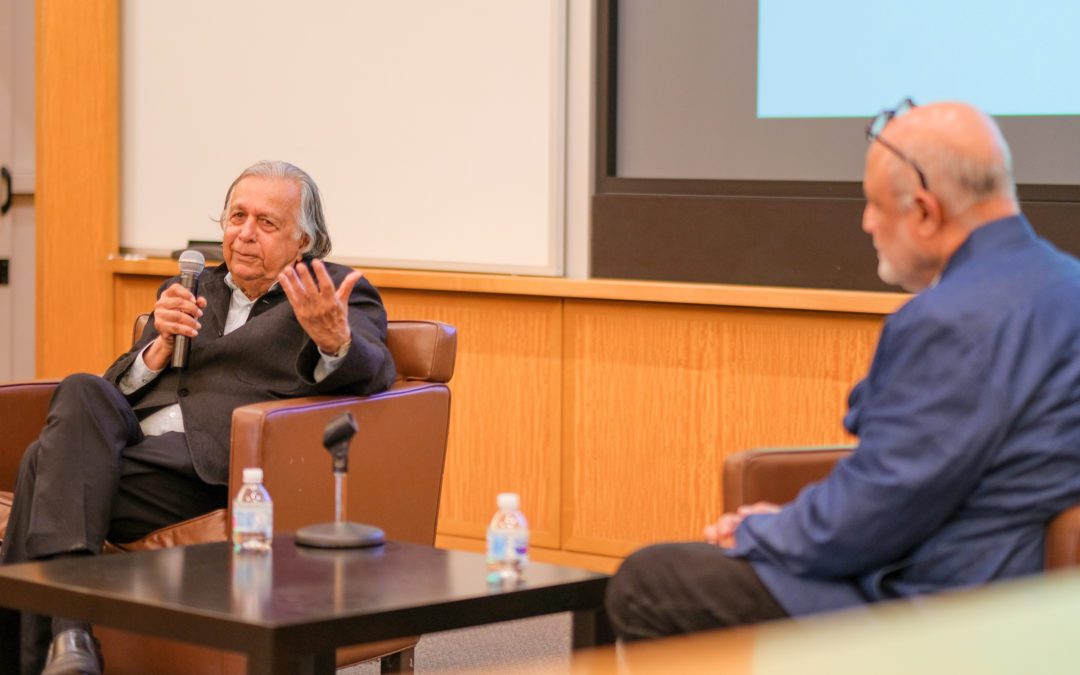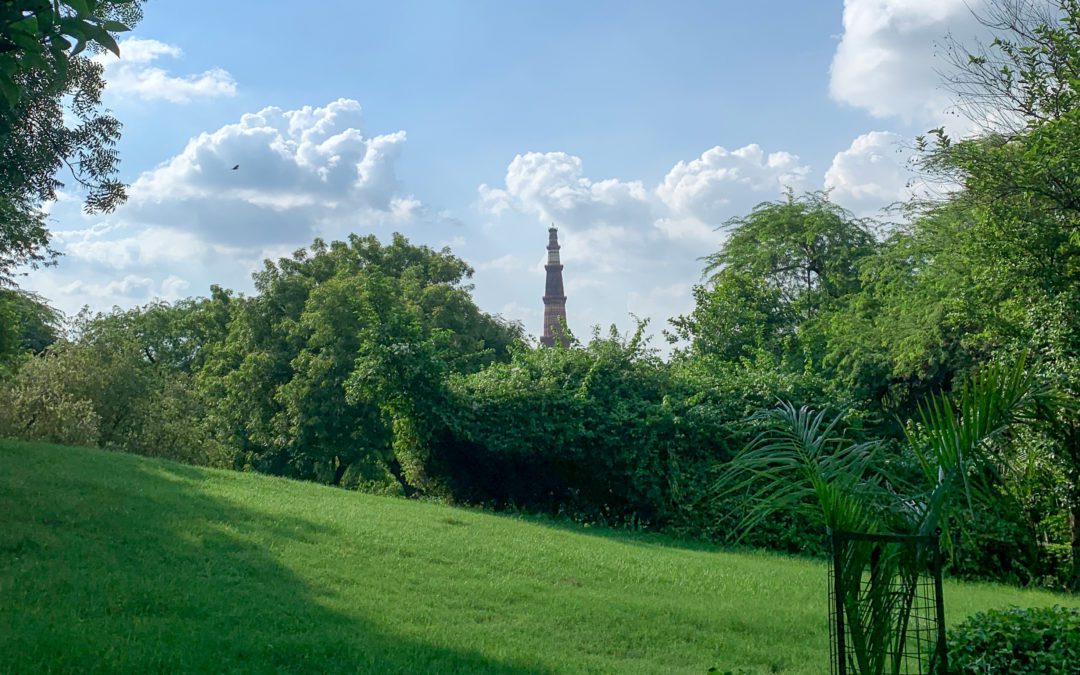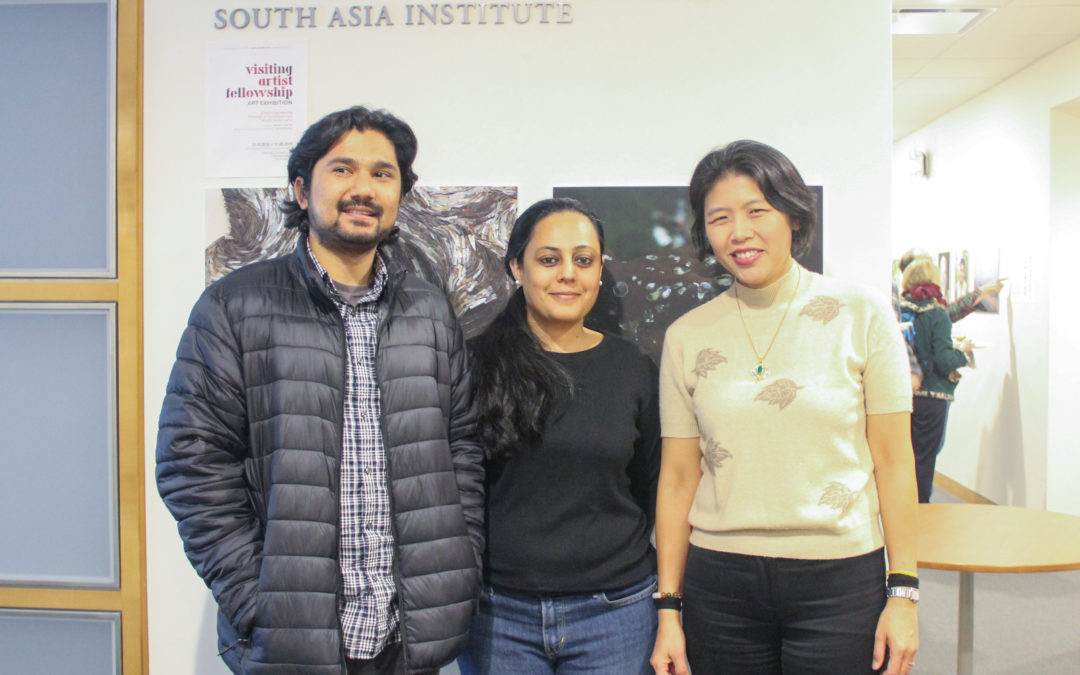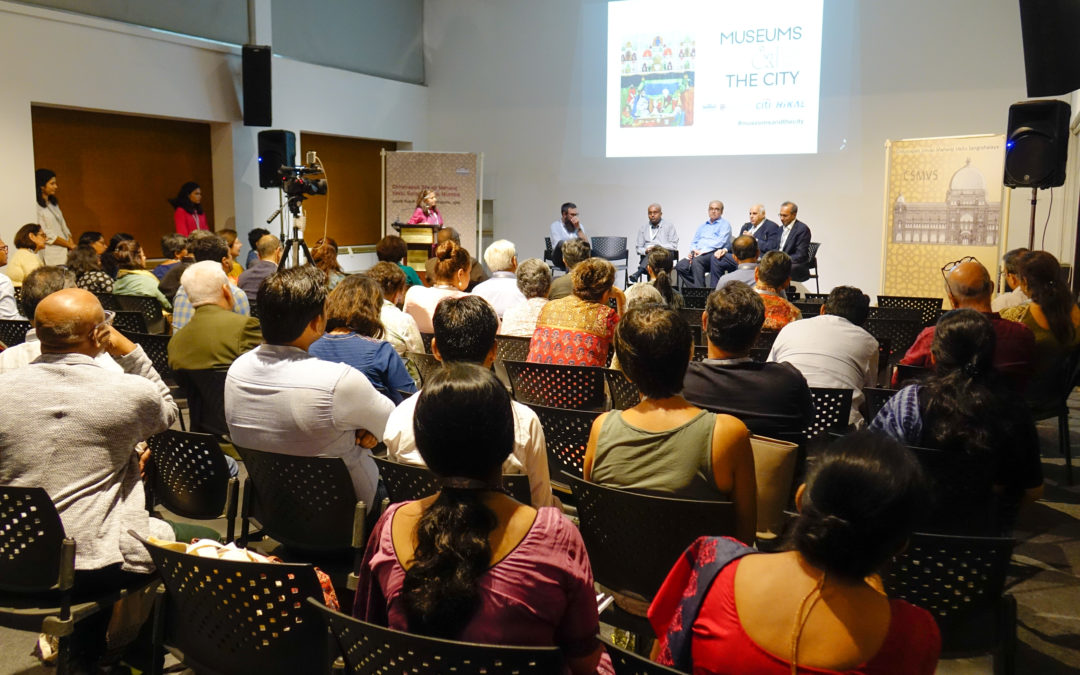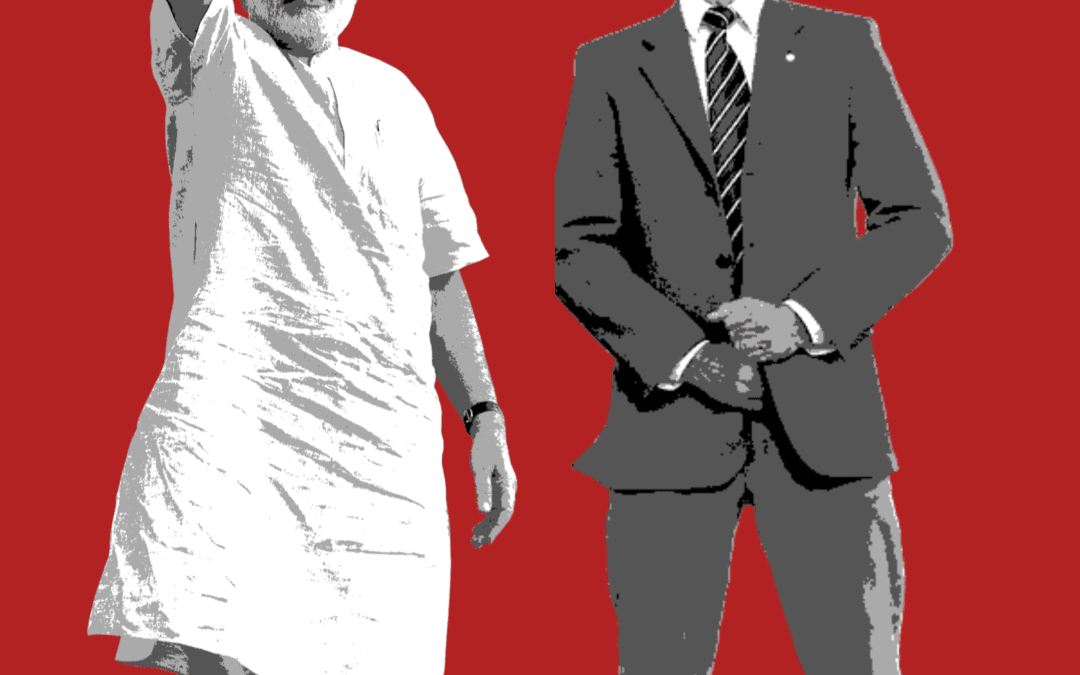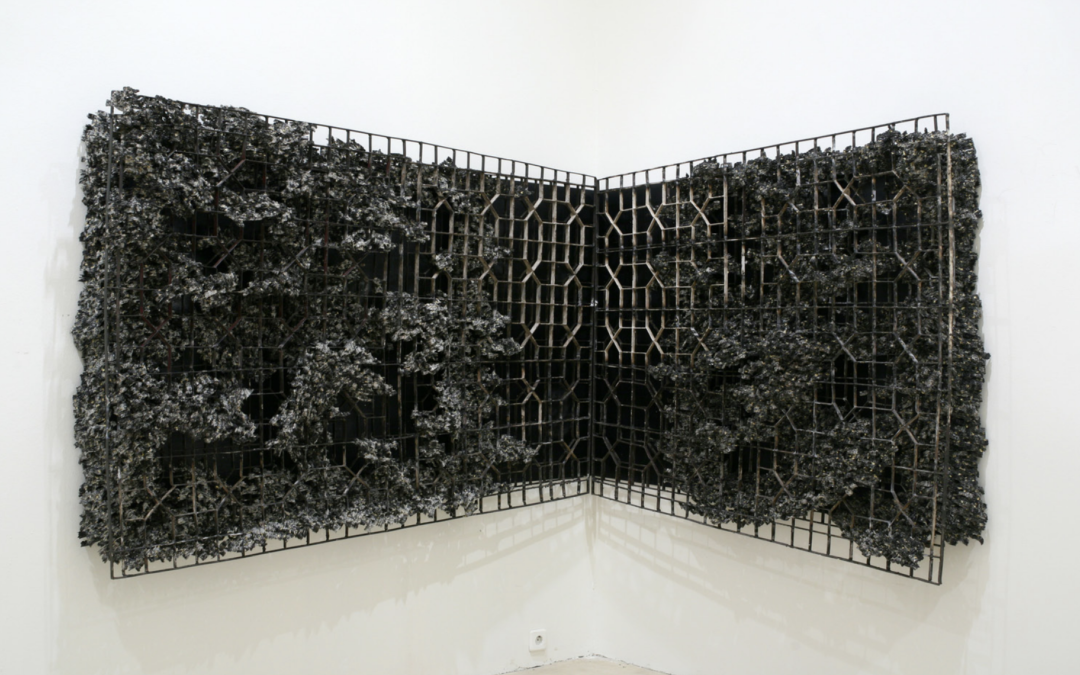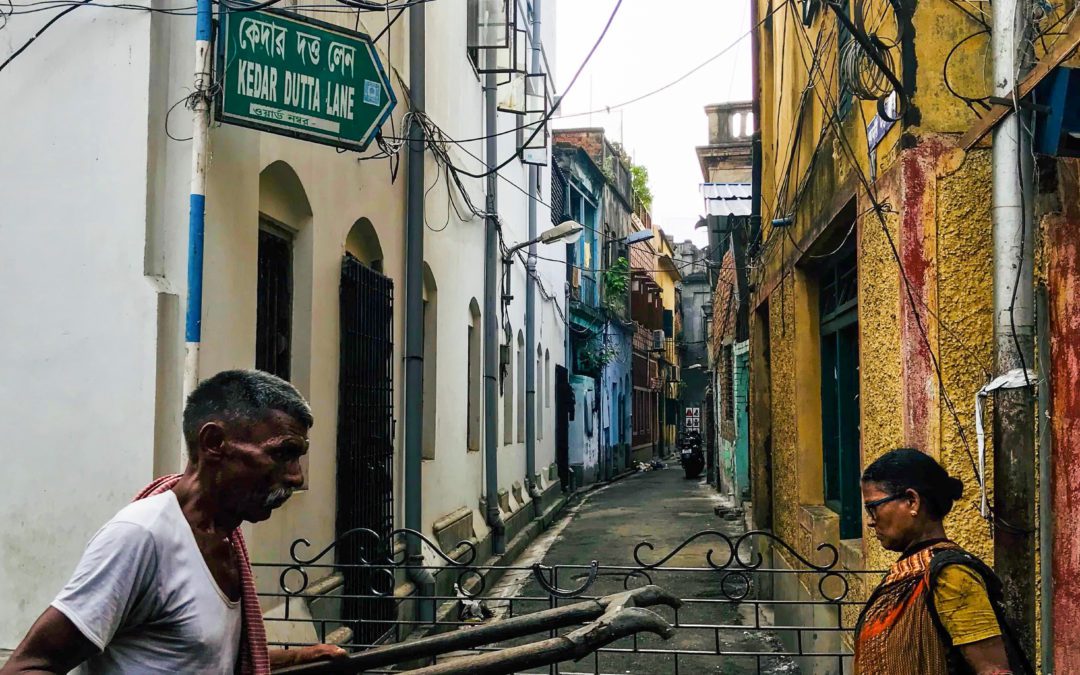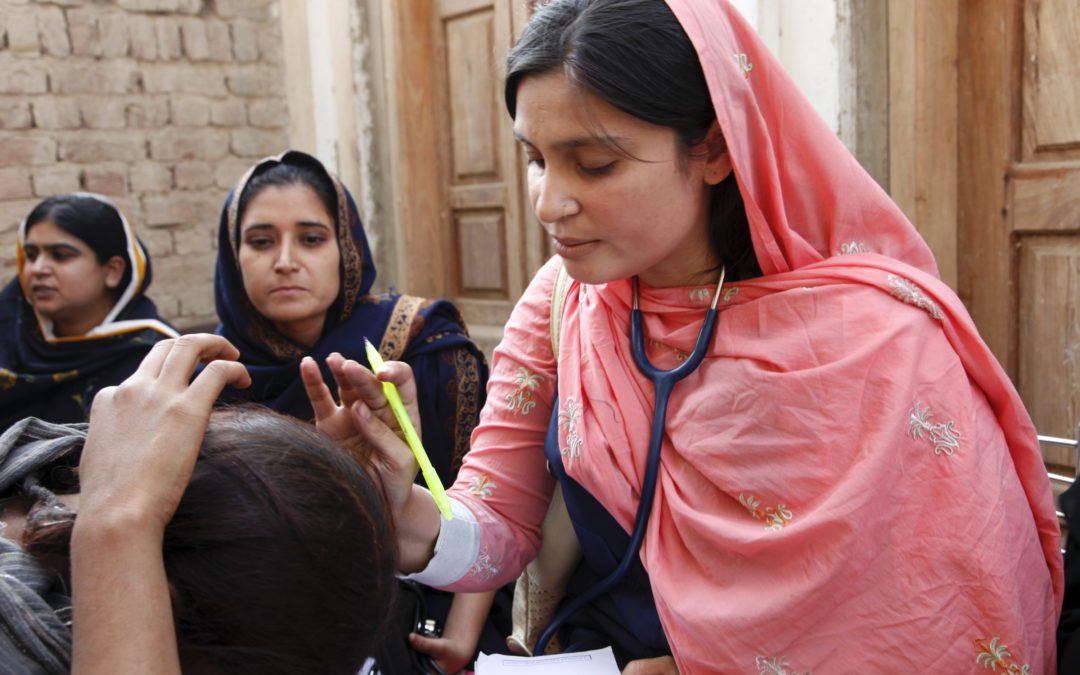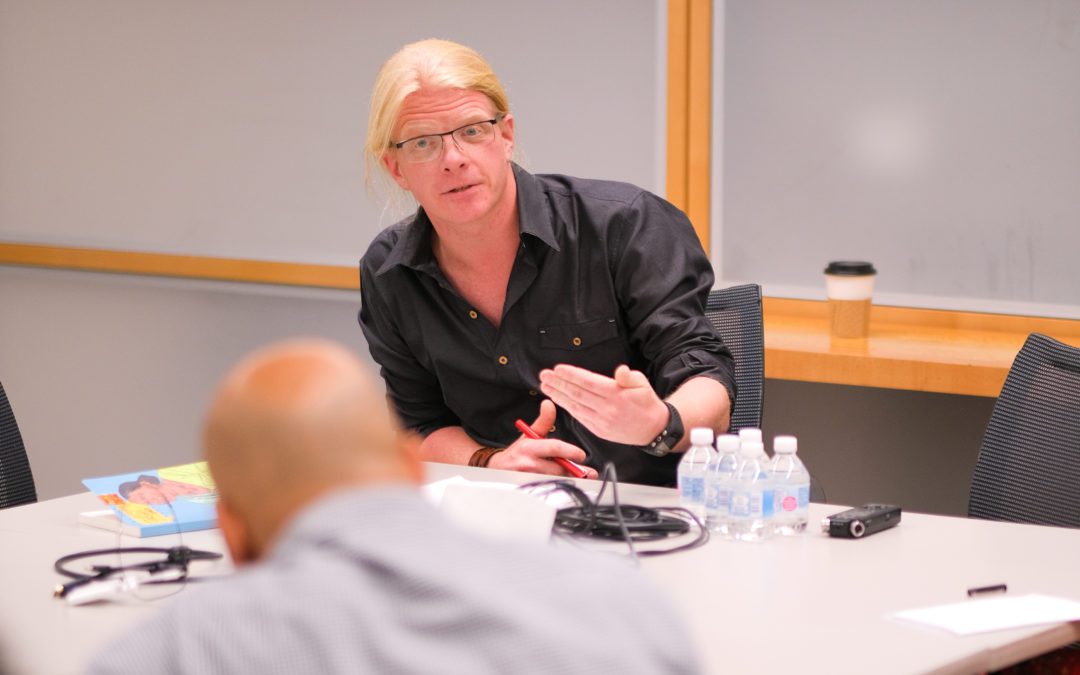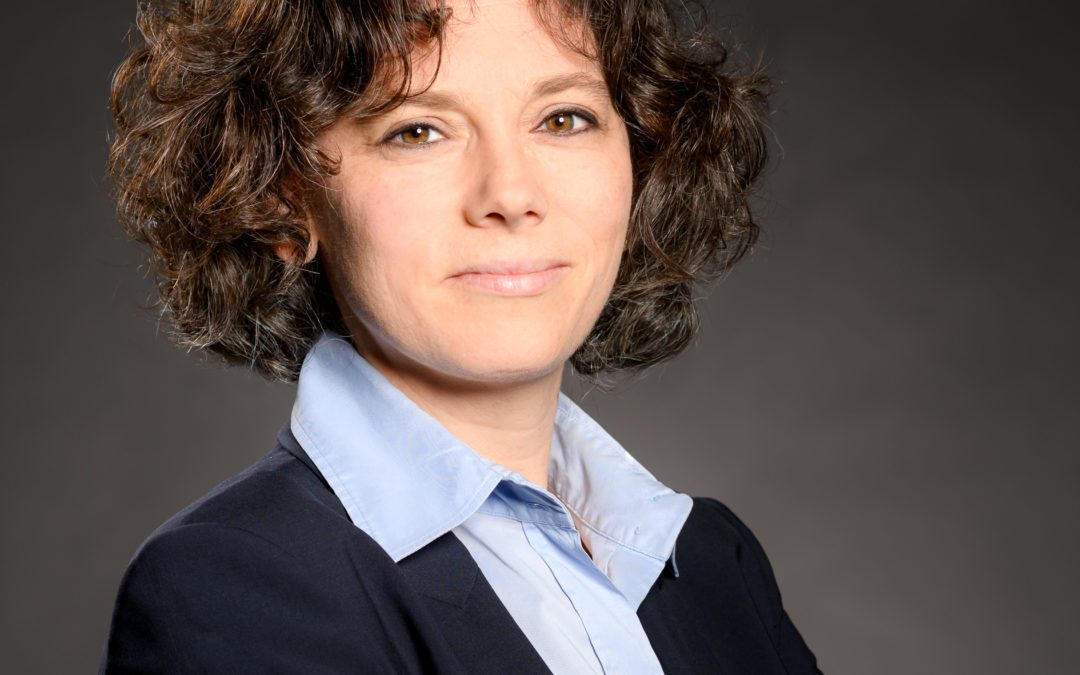Preserving History in Lucknow Via Advocacy, Politics, and Civic Engagement
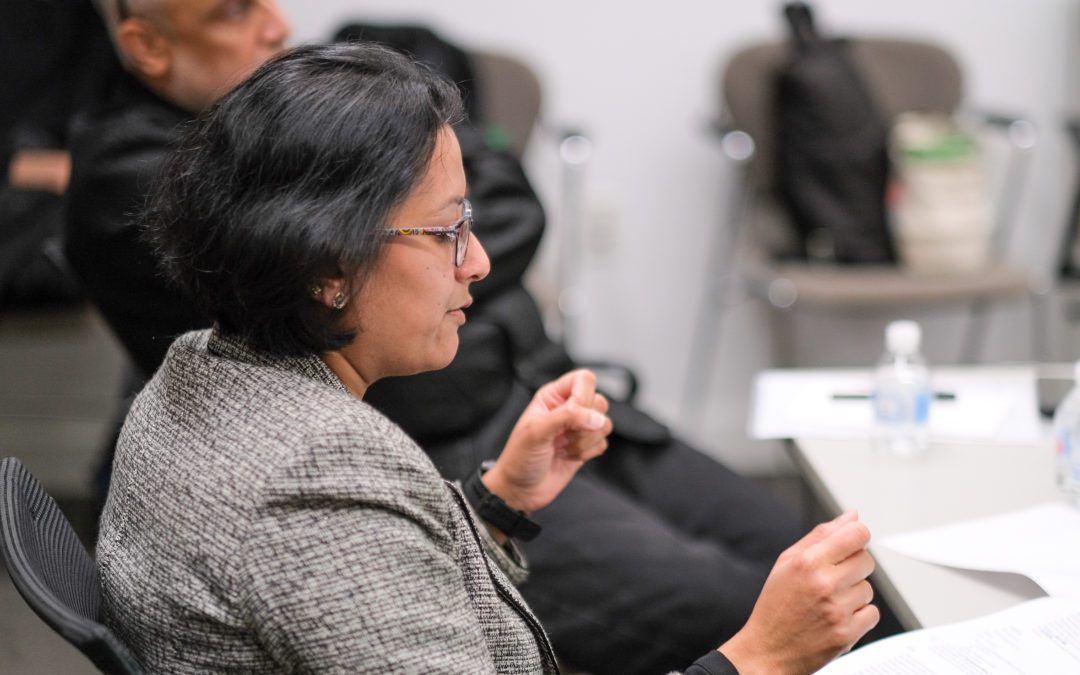
Urban conservation is often a pressing challenge in historic Indian cities that are experiencing the pressures of development. Many cities, often lacking any viable local-level policy and enforcement, have resorted to alternative tools, often citizen-led, to accomplish the goal of conservation. In a seminar this week, Ashima Krishna — Assistant Professor in the Department of Urban and Regional Planning at the University of Buffalo — explored the tools of advocacy, politics, and civic engagement through recent examples from the city of Lucknow in northern India.


